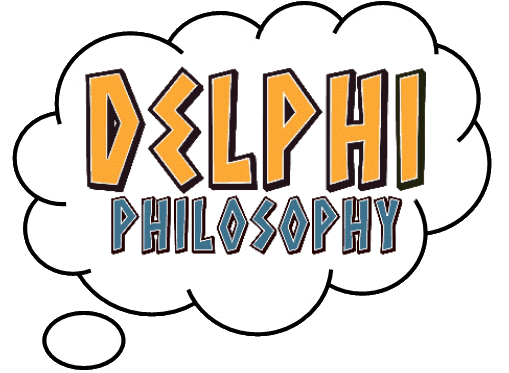The story went that one day the tortoise had been crawling along a beach, where Achilles had set up camp with his army.
Achilles was standing proudly with his men, and as usual for a hero, was boasting of his many strengths and accomplishments. The tortoise waddled up to him and said in a loud, steady voice: “Hero you may be, Achilles, and no doubt none can match you in strength and bravery. But say nothing about your speed! I say it is impossible for you to out-run even the smallest creature like me!”
Achilles and his men laughed at the tortoise’s words.
The great hero looked down at the bold, little creature who had addressed him. “Well then, that sounds like a challenge, little tortoise!” roared Achilles. “I’ll race you along the beach to where the rocks meet the sea, and we’ll see if I can’t out-run you!”
“Very well,” replied the tortoise. “But as I am at least half the size of you, I say it is only fair that I have to run half the distance.”
Achilles could see no problem with this request, after all, he thought he could easily catch up.
Delphi’s pet tortoise has always led a quiet and peaceful existence. At least Delphi thought so, until one night when Zeno starts speaking to her. It turns out he was once a famous racing tortoise, whatever that is, and even beat the legendary Achilles in a footrace across the beach. Delphi hears his stories and, even using all the logic she knows, still can’t make sense of how a tortoise can outrun Achilles, and even flying arrows. Delphi learns the meaning of the word ‘paradox’ as she takes on this famous ancient logical problem, inspired by Aesop’s fables and Greek philosophy.
Big Questions:
-
Is it more important to think, or to observe?
-
If Achilles raced a tortoise, what would, should and could happen?
-
Is logic and reason as unreliable as using your senses?
Skills focus:
-
using logic to explore an idea
-
identifying the certainty of an idea
-
using a logical structure for ideas
Teach this lesson!
Register for free and download the lesson plan, slideshow and resources to teach this enquiry yourself.
Lesson Overview
This lesson focuses on the philosophical topic of epistemology – that is, what it means to know something. It uses Zeno’s Paradox – a famous thought experiment from Ancient Greece to show that sometimes we can use reason and logic and still come to absurd conclusions. The point of this story is to help children see that reason and logic are not fool-proof – we can still make mistakes with it, and therefore can be doubted. It isn’t essential that the children understand every aspect of the tortoise’s story – it is enough to notice that the logic is confusing. The lesson also helps children understand the difference between something that would, should and could be true – a handy way of analysing logic in a philosophical argument. The story is also contains references to Aesop’s fables, a set of animal stories which were famous even in Delphi’s time.








